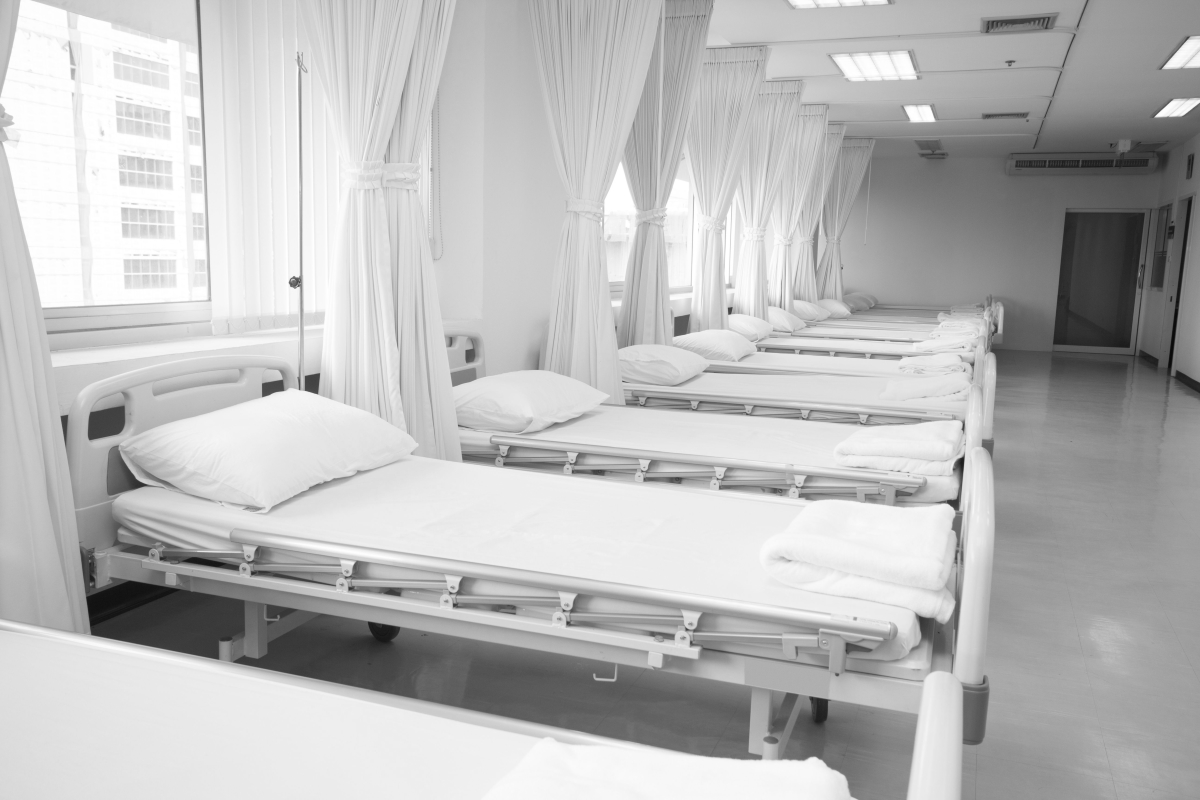“Follow the money” helps us figure this out. Inpatient hospital beds generate two bills: facility fees and professional fees. In most public hospitals, both go to support the whole operation. But not at UW Medicine, which operates a separate company, UW Physicians (aka Association of University Physicians), that uses the professional fees to pay bonuses to physician leadership, doubling and tripling (the former dean) their State-paid compensation to over $1 million annually for several. So a Harborview neurosurgeon earning $657,000 in his State paycheck collected another $430,000 from the private company, as well as $127,000 in “other compensation.” Altogether, 831 UW Medicine leaders earn at least $100,000 each extra from this company that collects, then redistributes professional fees paid for subspecialty surgery and intensive care on mostly private insurance patients.



I work in the field, and genuinely wonder what you think the solution is? The most visible individuals suffering from chronic mental illness and often chronic homelessness frequently don’t voluntarily engage any kind of help, whether that’s medication, housing, income, etc. When people are brought inpatient involuntarily, they may be legally mandated to take medication, and we often see their level of functioning improve significantly over time, but their insight doesn’t, and they stop meds as soon as they leave and fall back into the same pattern.